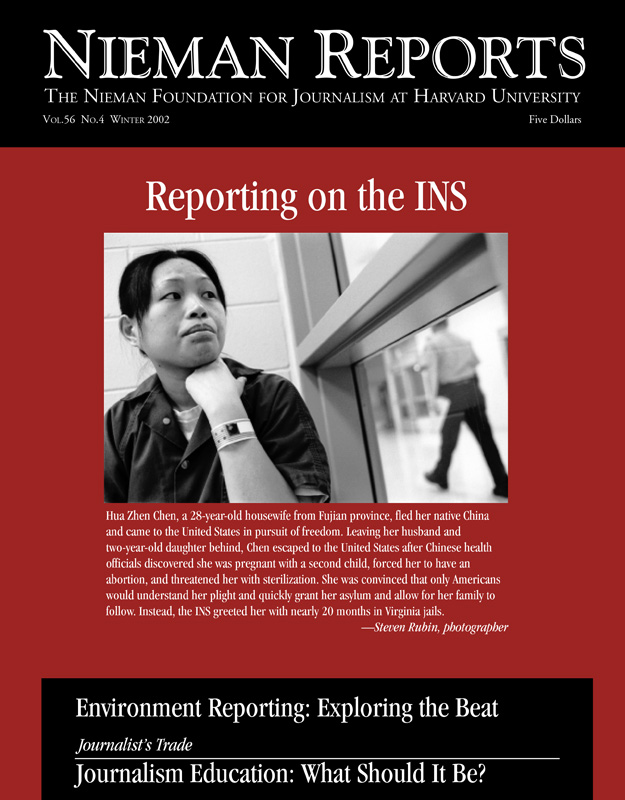In “Breach of Faith,” the second of two volumes edited by journalists Gene Roberts and Thomas Kunkel, the authors continue their in-depth examination of the consequences of concentrated ownership on journalism and democracy. Frank A. Blethen, publisher of the family-owned Seattle Times, in reflecting on the ideas set forth in “Breach of Faith,” praises the valued service these editors have given to their craft by assembling this book and its companion, “Leaving Readers Behind.” As Blethen writes, “They remind us that institutional owners of newspapers and other media will, if left unchecked, continue their relentless disinvesting in journalism and community service.” The authors lead readers through various examples of disinvestment brought about by ownership concentration but, as Blethen says, he would have liked Roberts and Kunkel to “speak out more in their own voices,” and to do so “forcefully—from their own experiences and in response to what they see happening in our industry.” Blethen takes his own advice and departs from the book to reveal his ideas about what steps are necessary to solve this crisis.
Two other editors, Leonard Downie and Robert G. Kaiser of The Washington Post, have also written recently on this topic. Their book, “The News About the News,” is reviewed by Seth Effron, special projects director at the Nieman Foundation. Not surprisingly, the consequences of consolidation of news organizations and media companies are again a primary focus, and Effron cites the authors’ observation that “Instead of the laser-like focus on tough, accurate reporting and good writing, newsroom leaders are forced to divert their attention to financial considerations.” Effron also points out that the authors work hard to draw attention to examples of best practices that demonstrate how quality news can flourish, even in this business environment.
Nancy Bernhard, author of “U.S. Television News and Cold War Propaganda, 1947-1960,” offers her thoughts about “War is a Force That Gives Us Meaning,” a book written by Chris Hedges, who spent 15 years covering wars for The New York Times. She finds that his “excellence as a journalist is both his strength and weakness here,” observing that he “tells evocative stories, but draws no conclusions” and raises important questions, many of which he leaves unanswered. The book, she concludes, is neither memoir nor history. “Rather, it provides a window into the understandably troubled mind of an outstanding war correspondent.”
In our final piece in this section, we spotlight the words of Bob Giles, Curator of the Nieman Foundation, from his speech, “The Vital Role of the Press in a Time of National Crisis.” His remarks address how journalists can act as watchdogs of government even as it shrouds its actions in secrecy. “In such times,” Giles said, “the most patriotic role the press can play is to fulfill its constitutionally protected duty to aggressively probe and question those who have the power to make the decisions that can affect our society and our liberty and that can put our service men and women in harm’s way.” As part of the Nieman Foundation’s ongoing Watchdog Journalism Project (read more about this project in Curator’s Corner), Nieman Reports will alert readers to watchdog articles that offer reporters and editors ideas about why such reporting is necessary and how it can be done. In this issue, Giles’s speech, Joseph A. Davis’s environment reporting article, and Richard Read’s story about INS reporting carry the watchdog label.


